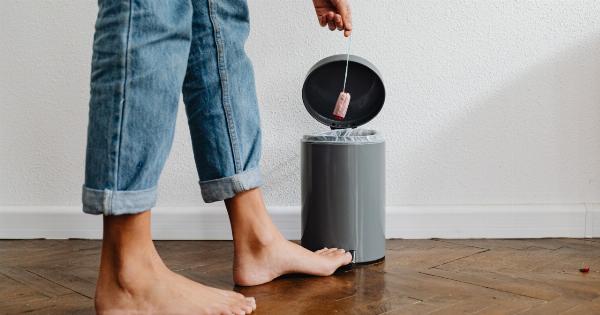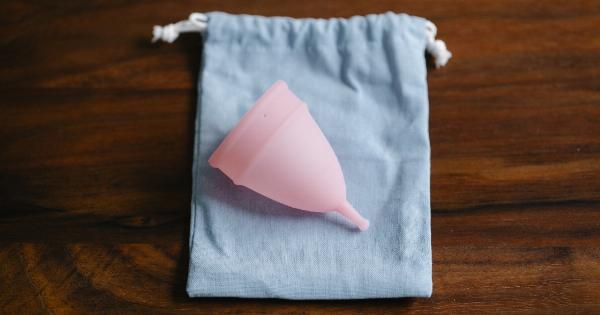Keeping the vagina clean during menstruation is crucial for maintaining good health. While menstrual cups and pads are widely used to manage menstrual bleeding, tampons are also a popular choice for many women.
Tampons are convenient, discreet and allow women to continue with their daily activities without worries.
When is it Time to Change Your Tampon?
Knowing when to change your tampon is essential to avoid embarrassing leaks and infections. Wearing a tampon for too long can lead to bacterial growth and toxic shock syndrome (TSS).
TSS is a life-threatening condition that can cause fever, vomiting, muscle pain, and even organ failure.
Factors to Consider When Changing a Tampon
Factors that determine how often you should change your tampon include:.
- The amount of menstrual flow: Heavy flow requires frequent tampon changes.
- Activity level: Active women may need to change their tampons more often.
- Type of tampon used: Tampons with higher absorbency levels usually last longer than low absorbency ones.
- Your menstrual cycle: The frequency of tampon changes usually decreases towards the end of menstruation.
- Tampon insert time: Tampons should be changed every 4-8 hours, but it’s wise to change them at least every 6 hours to avoid TSS.
Signs it’s Time to Change Your Tampon
Changing tampons regularly is crucial, but it’s equally important to know the signs that your tampon needs changing. These signs include:.
- A feeling of moisture around the vagina
- The tampon string is wet when you pull it out
- Leakage of menstrual blood onto your underwear
- Unpleasant odor
- Itching and discomfort around the vagina
Tips for Changing Your Tampon
Changing your tampon is simple when done correctly. Here are some tips to help you:.
- Wash your hands before and after changing your tampon to prevent infections
- Pull the tampon string gently until the tampon is out
- Wrap the tampon with toilet paper and dispose of it in a trash can (never flush)
- Insert a new tampon immediately to avoid leakage
Can You Wear Tampons Overnight?
It’s not advisable to wear tampons for more than eight hours at a time to prevent TSS, but some tampons may be worn overnight if changed before bedtime and immediately on waking up.
When Should You Avoid Tampons?
Some situations may require avoiding tampons, including:.
- Your menstrual flow is light or spotting
- You experience vaginal dryness during menstruation
- You have an infection or vulvar irritation
- You are recovering from childbirth or gynecologic surgery
- You are using a vaginal medication
The Bottom Line
Using tampons is a personal choice, but it’s essential to understand the best practices for optimal menstrual hygiene. Changing your tampon frequently is the key to preventing infections and maintaining good health.




























